Bleeding Radiators Made Simple: A Step-by-Step Guide
If your radiators feel warm at the bottom but cold at the top, chances are there’s trapped air in the system. This reduces efficiency, wastes energy, and leaves your rooms colder than they should be. The good news? Bleeding your radiators is quick, simple, and something you can do yourself with just a radiator key.
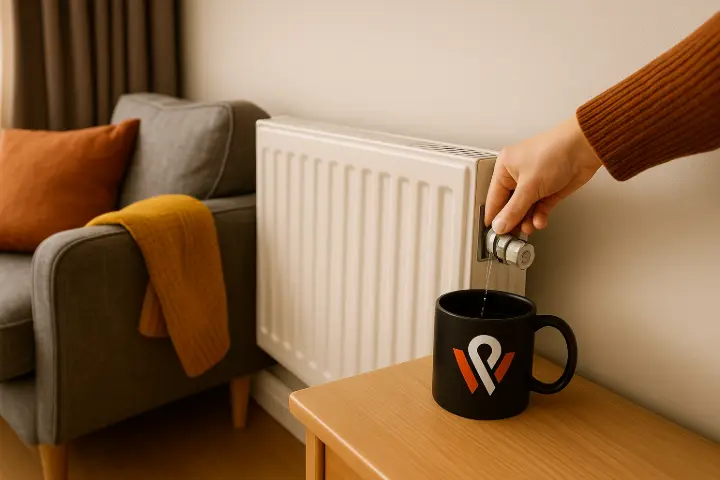
Why Bleeding Radiators Matters
Over time, air can get trapped in your heating system. This stops hot water from circulating properly, which means your boiler has to work harder to heat your home. Regularly bleeding your radiators keeps your system efficient and ensures your rooms stay toasty warm during the colder months.
What You’ll Need
- Radiator key (available at most DIY shops)
- A cloth or small container (to catch any drips)
- Gloves (optional, but handy for grip)
Step-by-Step Guide
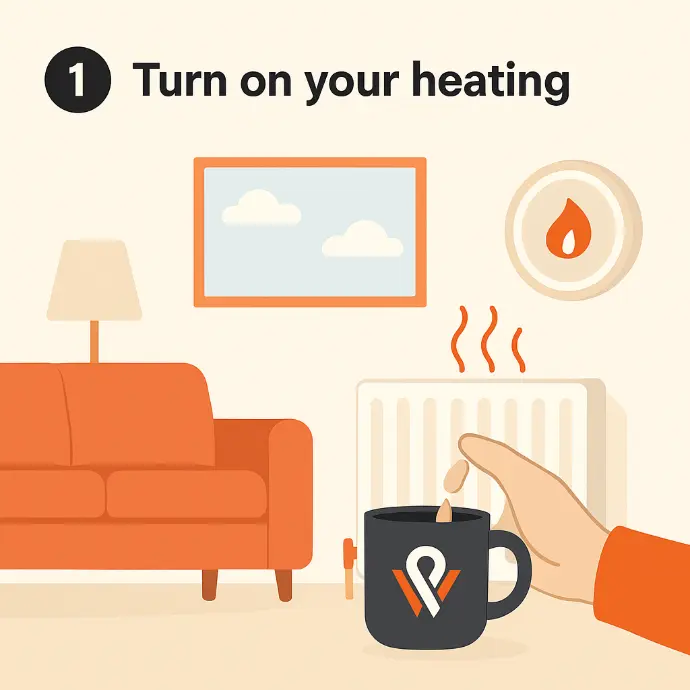
Turn on your heating
Switch your heating on and allow the radiators to fully warm up. This helps identify which radiators need bleeding.
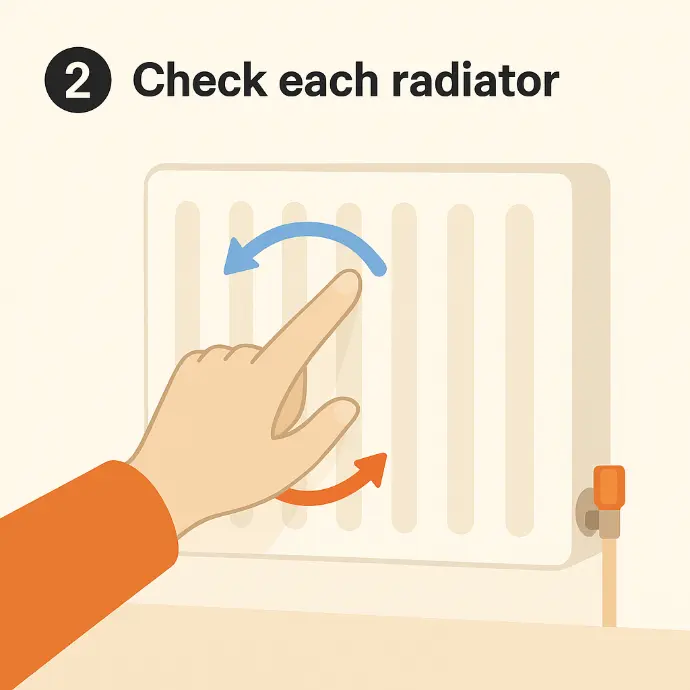
Check each radiator
Carefully feel the radiator. If the bottom is hot but the top is noticeably cooler, it’s likely air is trapped.
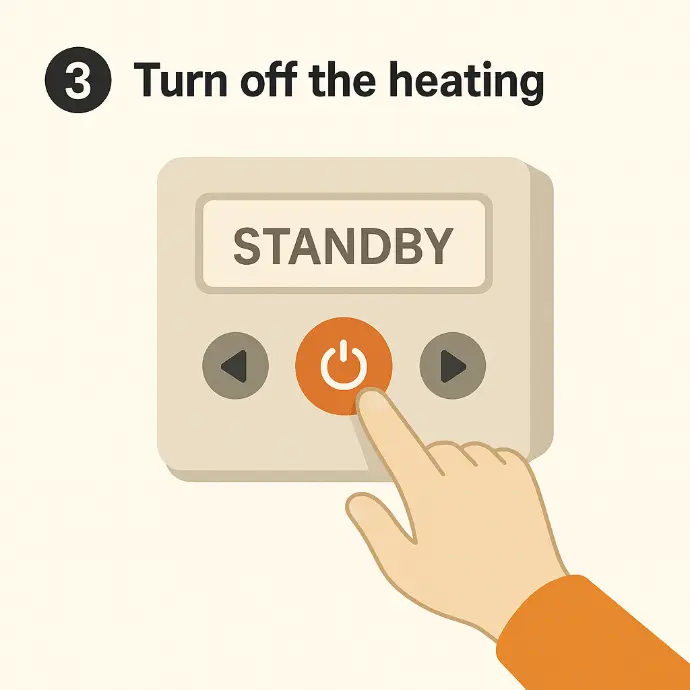
Turn off the heating
Before bleeding, switch off your boiler and let the radiators cool slightly. This keeps things safe and avoids splashes of hot water.
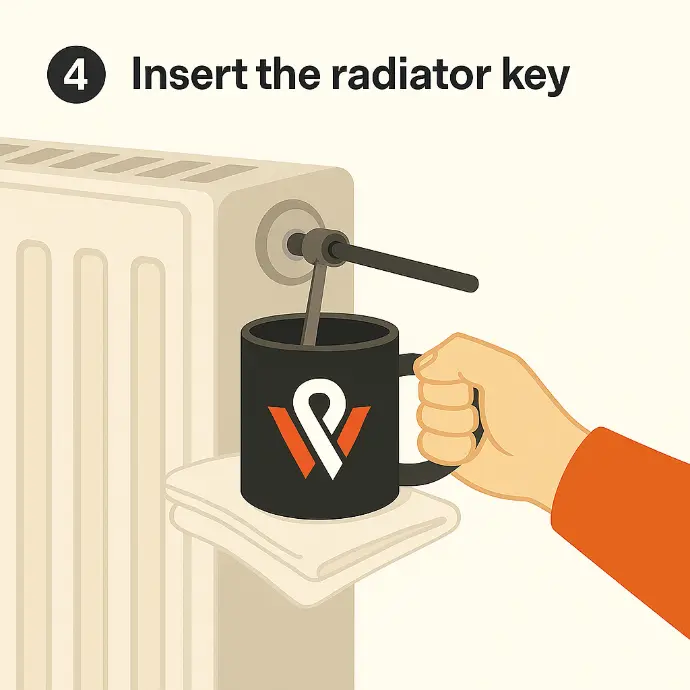
Insert the radiator key
Place the key into the bleed valve (usually at the top corner of the radiator). Hold a cloth or container underneath.
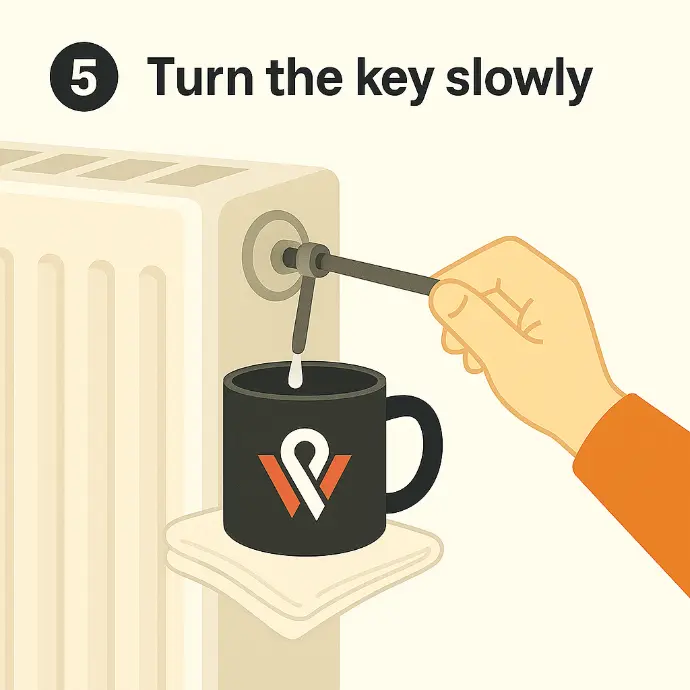
Turn the key slowly
Gently turn anti-clockwise. You’ll hear a hiss as air escapes. Once water starts to dribble out steadily, turn the valve clockwise to close it again.
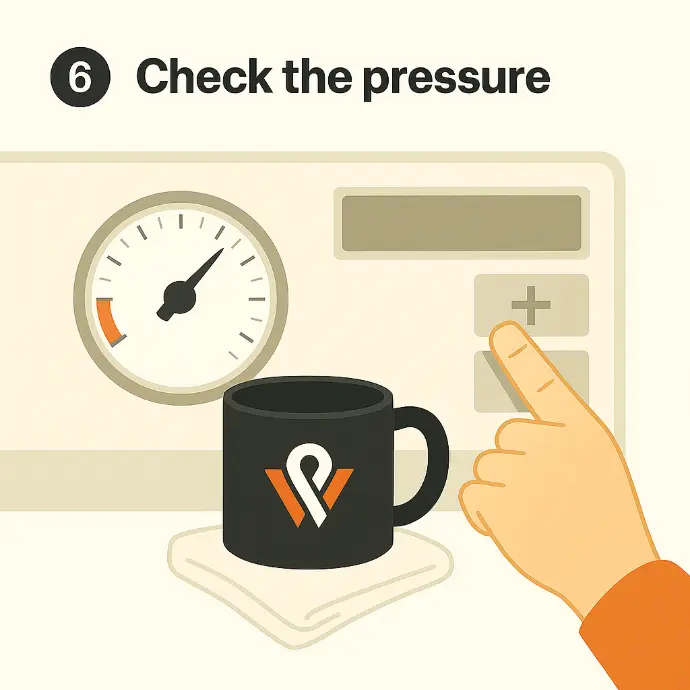
Check the pressure
After bleeding, check your boiler pressure gauge. If it’s dropped below 1 bar, you may need to top it up (your boiler manual will guide you).
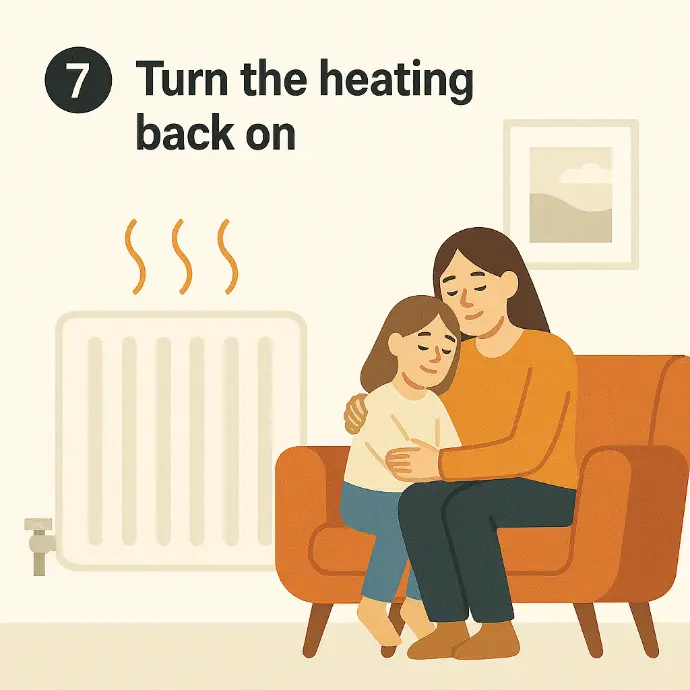
Turn the heating back on
Switch your heating on again and check that the radiators are now heating evenly.
When to Call the Experts 📞
If you find yourself needing to bleed radiators regularly, or if the boiler pressure keeps dropping, it could indicate a larger issue with your heating system. That’s when it’s time to call in PalmerWebb – we’ll diagnose the problem and get your system back to full health.